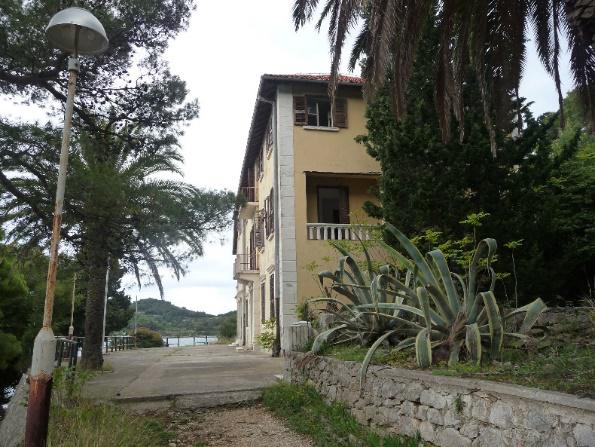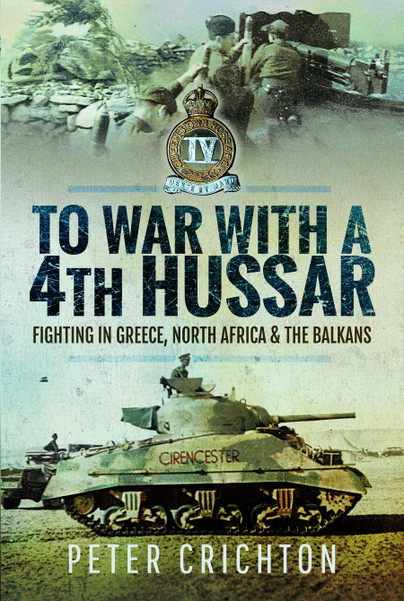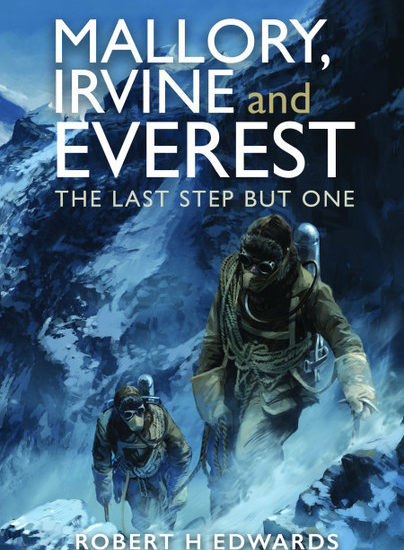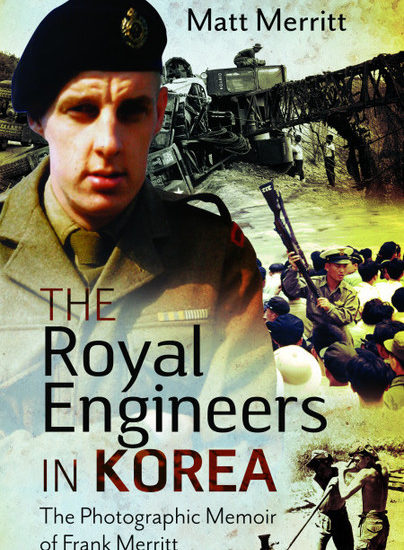Guest Post: To War with a 4th Hussar
Today we have a guest post from Robert Crichton. By piecing together manuscripts, letters and possessions, Robert was able to produce his father’s memoir, To War with a 4th Hussar.
Read on to discover the journey behind the book.
To War with a 4th Hussar is out now.
My parents met in Egypt in 1942. My mother was the daughter of the Swedish Ambassador in Cairo and my father a young English officer with the 4th Hussars, a smart cavalry regiment then serving in the Western Desert. War or no war, they both fell in love with the country and each other. They married in London shortly after the war’s end and returned to Egypt and Cairo where my father made a living of sorts managing an import and export business. With relatives scattered across Europe in England, Norway, Spain and Italy and an international circle of friends in Cairo, they were having a whale of a time until Colonel Gamal Nasser and his revolutionaries threw them out of the Egypt along with most of my father’s countrymen.

On their return to England in 1952, they settled in a small house in Bourton on the Water in the Cotswolds. It was here that I stumbled across some evidence of my father’s remarkable war time adventures. I must have been old enough to be left in the house on my own and bored enough to explore the unremarkable cupboard under the stairs. At the back, past boxes of cleaning materials and the Hoover, I came across a great shaggy sheepskin coat hanging on the wall. It smelt musty and damp and was too long to hang clear of the floor in the confined space of the cupboard. Its lower edge was draped over a small box and a pile of papers tied up with string. To my great excitement, the box contained a revolver and an automatic pistol, each with a few rounds of ammunition. The papers, once released from their string, turned out to be a collection of maps of Yugoslavia, what appeared to be telegrams, and documents thrillingly marked “Top Secret”.

I think that I was wise enough not to admit my discovery at the time. Over the following years, though, my father told me a little of his time first with his regiment in Greece and Egypt and then with Tito’s partisans in Yugoslavia. I doubt that I encouraged him much. Although I loved and respected him, I suspect that I displayed only a passing interest in what must have been the defining years of his life. With the self-absorption of the young, I was more interested in the present and immediate future than the past.
By the time I had left Cambridge and joined his old regiment, my father had retired. Despite having never finished his education, he wrote well and had attempted a couple of plays. Not content with either, he destroyed both but had clearly enjoyed the process of writing. In 1969, he started to set down his war time experiences. He had no diaries and, apart from a few photographs and the papers and maps that had survived from his attachment to the Yugoslav partisans, had only his memory to aid him. Research from the pre internet isolation of a small rural village must have been difficult. He spoke and wrote to some of his contemporaries to check his facts and was in touch with the Imperial War Museum. The outcome was a manuscript with accompanying photographs and illustrations.
I was serving abroad at the time and, I am ashamed to say, took little practical interest in his efforts. But his friends were more encouraging and he got as far as having his manuscript typed up. Then, sadly, his energy left him. I inherited his manuscript and the typed copy along with his other possessions but, amidst the distractions of professional and family life, did no more than keep them safe.
Then I retired. All of a sudden, I had the time to reflect. My own military career had been remarkably peaceful, so I had few stories of my own to tell. I dug out my father’s work from the history trunk and, probably for the first time, read it carefully. This was a remarkable story and, as far as I could judge, well told. But was it publishable? Would strangers be as interested and moved by the story as I was? I was not sure. But I was sure that I wanted to tread the ground he and his friends had trodden as far as I could and his account gave me the detail that was needed for the journeys.
My wife and I set out to follow in his footsteps first in Greece – following the route of the withdrawal of the British Expeditionary Force and the 4th Hussars from Thessaloniki to my father’s evacuation beach at Momemvasia in the Peloponnese – and then in Croatia where we island hopped, visiting the ground over which he and his partisan comrades had fought toward the end of the war. It was a moving experienced: staying in the smart hotel in Athens where he had taken refuge in 1940, standing on the villa terrace on the Yugoslavian island of Vis where he had lived for a few months in 1944 and visiting the Commonwealth War Cemetery outside Athens where many of his friends, including a cousin, are buried.


Energized by the experience, I returned to my father’s story and, as a first step, had it printed privately and sent copies to my regimental friends and neighbours. Their enthusiasm and encouragement led me to the Pen and Sword website and, with some trepidation, I submitted a synopsis. To my delight, my father’s book was accepted for publication.
As I had the privately printed book on a memory stick, I had expected that I would merely hand it over and that the rest of the process would need little contribution from me. I was wrong. With great tact, kindness and encouragement, the Pen and Sword editors [Henry Wilson and George Chamier] put me to work again.
A few months later, with much help from the editorial team [Matt Jones], the final proof was ready and, guided by Pen and Sword’s Tara Moran, “To War with a 4th Hussar” by Peter Crichton hit the bookshops. I think that it is a well told and unusual story and I am so glad that I decided to try to get it published; it is a story of a great adventure, and, as with every personal tale of war, a memorial to the author and his courageous friends.

To War with a 4th Hussar is available to order now from Pen and Sword Books.

